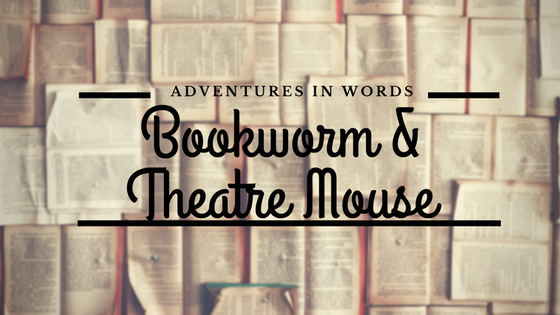November (I know, a little late), ‘The Dead Secret’ was picked for the buddy read for all of us who love a sensation novel, in the Victorian Sensation Book Club.
I had not heard of this novel from the pen of Collins, but that is always the beauty of a readalong – you find new titles.
I really enjoyed this book and, if you are not used to classics, this would be a great place to start. It has all the ingredients of an engaging read – a colourful collection of characters, a secret and a big old house with closed rooms. Elements of a gothic setting along the way.
I found this a real page-turner because the mystery is in place almost immediately, as the death of the lady of the house, a letter and a lady’s maid that the rest of the staff find a little strange disappearing draws you into ‘The Dead Secret’. I enjoy the narrative style of Wilkie Collins and, despite working out small parts of the mystery slightly before they were revealed did not take away from the enjoyment of reading this book.
I also felt that this was a book where you could see the friendship between Collins and fellow author Charles Dickens. As I read, some of the characters such as Uncle Joseph had a vibe of Dickens about them. That, for me, just made the book even more fascinating, as I love the idea of great literary connections.
So, if you would like to have a go at a novel by Wilkie Collins, I would suggest that you start with this piece of esacapism.
